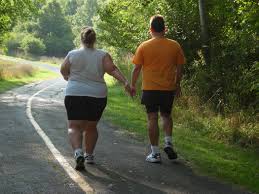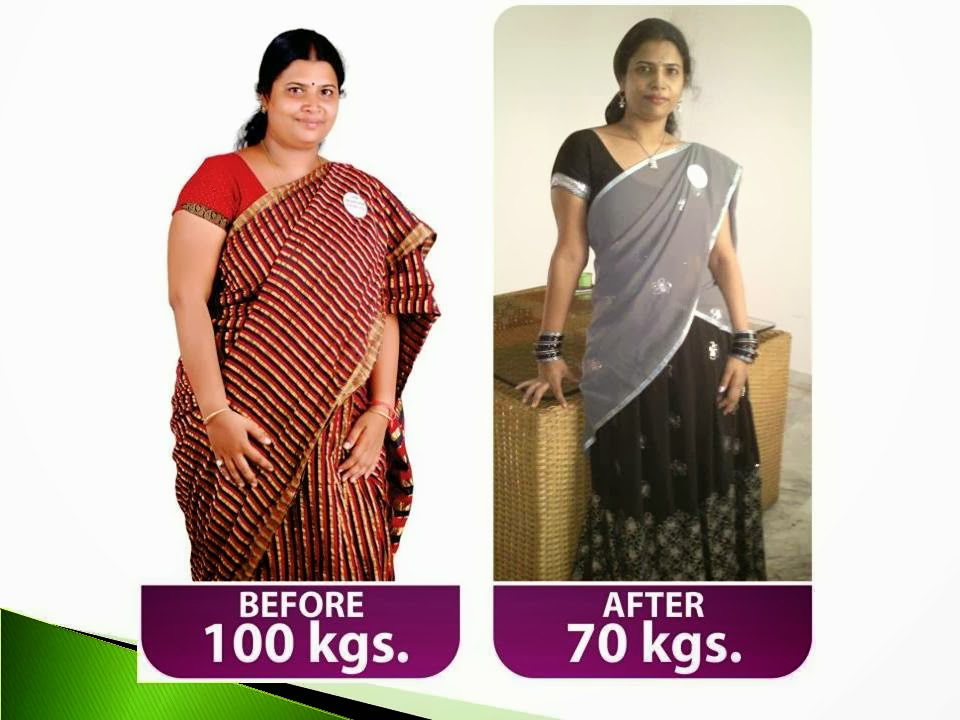Relationships and weight management complications

Relationships and weight management complications can be corrected by adopting to healthy lifestyle
Relationships and weight management complications: How marriage and divorce contribute to weight Gain
We cannot live in isolation, we need each other for the smooth coexistence. This coexistence when natured develops into relationship and bonding takes place which in many opposite sex relationships leads into a meaningful and authenticated marriage. And when a woman and a man enter into marriage, sometimes obstacles come along the way and they file for a divorce. Today experts are registering that relationships has some significant input in weight management. Practically people’s life get transformed after they get married. It is evident that after marriage, the newlyweds tend to gain some weight during the period they are staying together with men normally gaining even more after divorce this is according to a study that followed over 10,000 people to better understand the impact of people’s marital status on their health. Nonetheless, scientists while tracking the body mass index (BMI) of people who have never got married, are married or are divorced. It was established that within two years of marriage most couple’s BMI values increased. But divorce also turned out to be a substantial indicator of the dimension relationship and weight gain may take.
With the increase in health complications emanating from overweight some of which are very fatal, doctor Dalal Akoury founded AWAREmed Health and Wellness Resource Center to offer her expertise to people with this disturbing yet manageable condition. And for the purpose of this article, we are going to be discussing if there is any link between relationships and weight gain in our current societies. We are going to be zeroing it down to marriage as a form of relationship. Therefore stay on the link to get to know the impact of relationships and weight gain around you. As we progress into the discussion, you can schedule for an appointment with doctor Akoury in case of any weight loss concerns you or any member of your family or friends may be having.
Relationships and weight management complications: Weight gain affects relationships
Many people visiting AWAREmed Health and Wellness Resource Center, tends to believe that weight problems only affect peoples’ health physically. However this is not always the case. Doctor Dalal Akoury MD who is also the founder of this facility reiterates that being overweight has adverse effects on people’s relationships as well. Studies conducted in the past have established that the psychological effects can be very disturbing like for instance:
- Many young normal-weight women are more willing to date overweight men than the other way around.
- Once married, overweight wives seem to be happier in their marriages than many normal-weight ones.
- Females tend to be more concerned about weight issues than males, regardless of marital status.
- At any age men seem less tolerant of overweight partners and less comfortable in dating overweight people than women.
- The society also tends to reject obese individuals and subjects them to severe stigmatization and discrimination.
- Studies have also established that men who gained weight while they were married reported more marital problems than men who kept their weight down. However, married women did not seem to be as affected by their weight changes.
Relationships and weight management complications: How marriage and divorce contribute to weight Gain
http://www.I-AM-I.com/wp-admin







